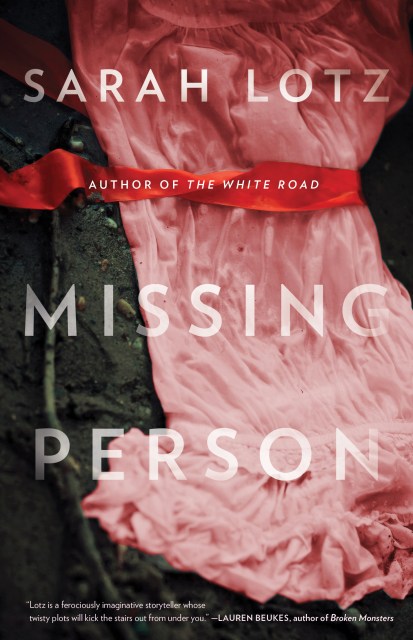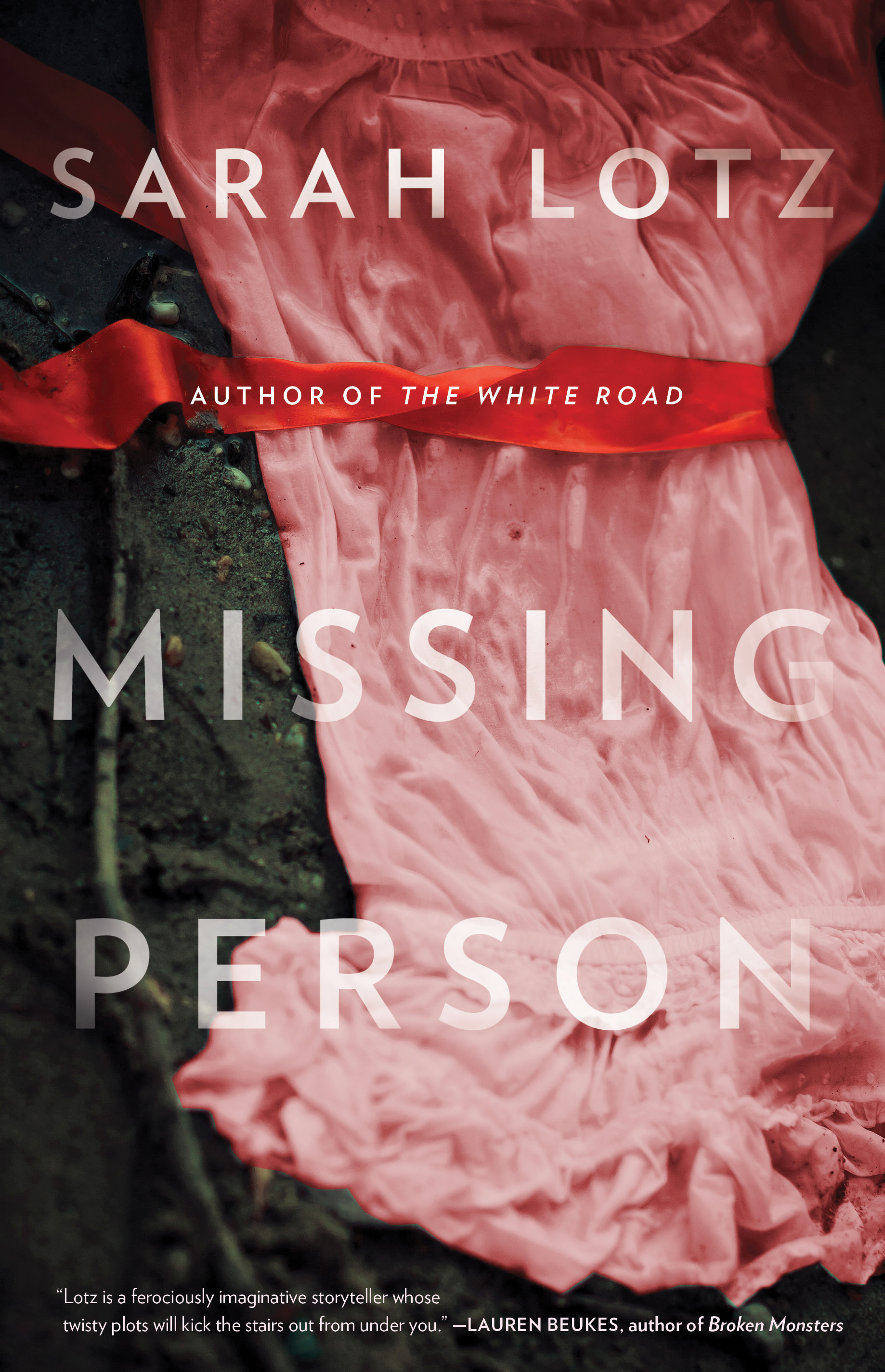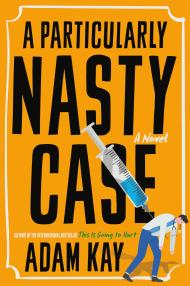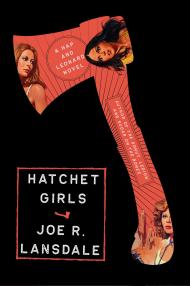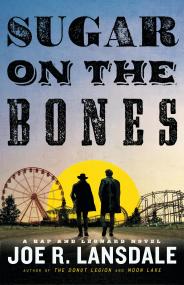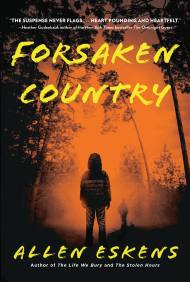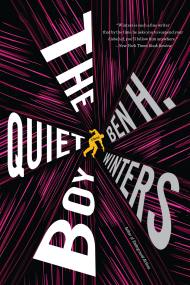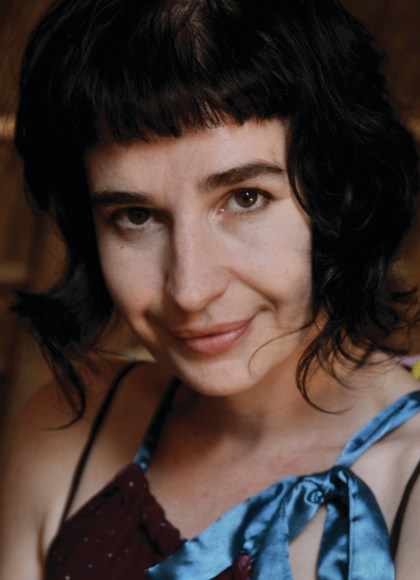By clicking “Accept,” you agree to the use of cookies and similar technologies on your device as set forth in our Cookie Policy and our Privacy Policy. Please note that certain cookies are essential for this website to function properly and do not require user consent to be deployed.
Missing Person
Contributors
By Sarah Lotz
Formats and Prices
- On Sale
- Sep 3, 2019
- Page Count
- 480 pages
- Publisher
- Mulholland Books
- ISBN-13
- 9780316396646
Price
$27.00Price
$34.00 CADFormat
Format:
- Hardcover $27.00 $34.00 CAD
- ebook $13.99 $17.99 CAD
- Audiobook Download (Unabridged)
This item is a preorder. Your payment method will be charged immediately, and the product is expected to ship on or around September 3, 2019. This date is subject to change due to shipping delays beyond our control.
Buy from Other Retailers:
From acclaimed thriller writer Sarah Lotz, hailed by Stephen King as “vastly entertaining,” a new novel about a group of amateur detectives infiltrated by the sadistic killer whose crimes they’re investigating.
Reclusive bookseller Shaun Ryan has always believed that his uncle Teddy died in a car accident twenty years ago. Then he learns the truth: Teddy fled his home in Catholic, deeply conservative County Wicklow, Ireland, for New York and hasn’t been heard from since. None of Shaun’s relatives will reveal why they lied about his uncle’s death or why they want Shaun to leave the whole affair alone.
But Shaun has a burning need to find out the truth. His search is unsuccessful until he’s contacted by Chris Guzman, a woman who runs a website dedicated to matching missing-persons cases with unidentified bodies. Chris and her team of cold-case obsessives suspect that Shaun is looking for the “Boy in the Dress,” one victim in a series of gay men murdered by the same killer.
But who are these internet fanatics really, and how do they know so much about a case that has stumped police for decades? Soon armchair sleuths and professional investigators are on a collision course with a sadistic serial killer who’s gotten away with his crimes for far too long – and now they’re in his sights.
Reclusive bookseller Shaun Ryan has always believed that his uncle Teddy died in a car accident twenty years ago. Then he learns the truth: Teddy fled his home in Catholic, deeply conservative County Wicklow, Ireland, for New York and hasn’t been heard from since. None of Shaun’s relatives will reveal why they lied about his uncle’s death or why they want Shaun to leave the whole affair alone.
But Shaun has a burning need to find out the truth. His search is unsuccessful until he’s contacted by Chris Guzman, a woman who runs a website dedicated to matching missing-persons cases with unidentified bodies. Chris and her team of cold-case obsessives suspect that Shaun is looking for the “Boy in the Dress,” one victim in a series of gay men murdered by the same killer.
But who are these internet fanatics really, and how do they know so much about a case that has stumped police for decades? Soon armchair sleuths and professional investigators are on a collision course with a sadistic serial killer who’s gotten away with his crimes for far too long – and now they’re in his sights.
-
PRAISE FOR SARAH LOTZ
-
"Sarah Lotz's utterly absorbing and thoroughly modern mystery has everything I look for in a novel: vivid, arresting prose, a thrilling story, and unforgettable characters. Missing Person is so good I want to shove it at my friends and make them read it in front of me so I can watch them fall for it, too."Elizabeth Little, bestselling author of Dear Daughter
Newsletter Signup
By clicking ‘Sign Up,’ I acknowledge that I have read and agree to Hachette Book Group’s Privacy Policy and Terms of Use
